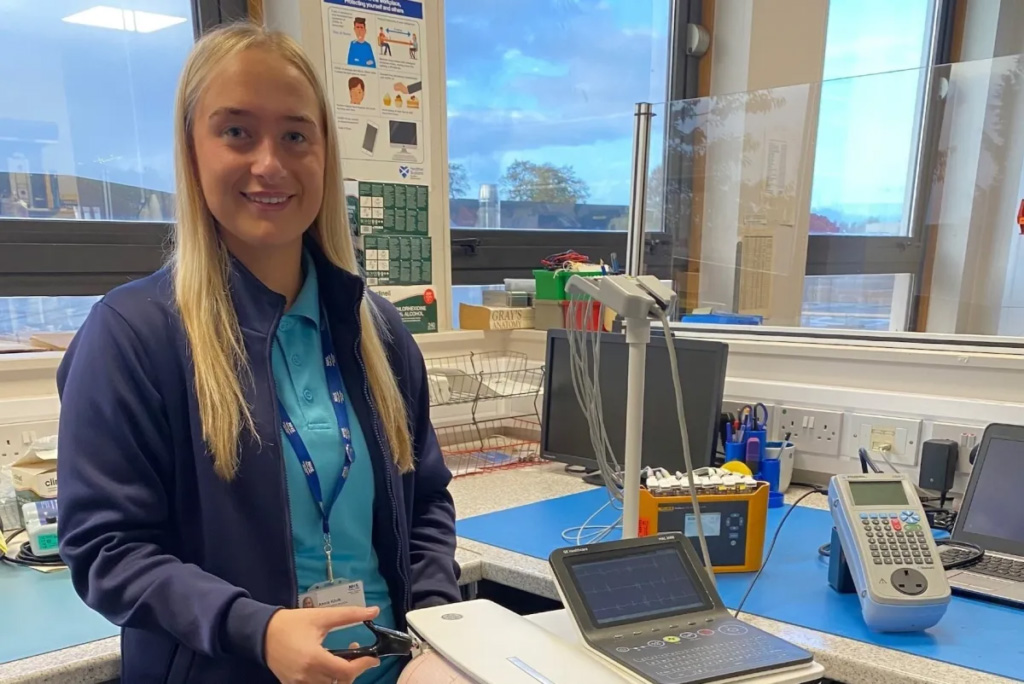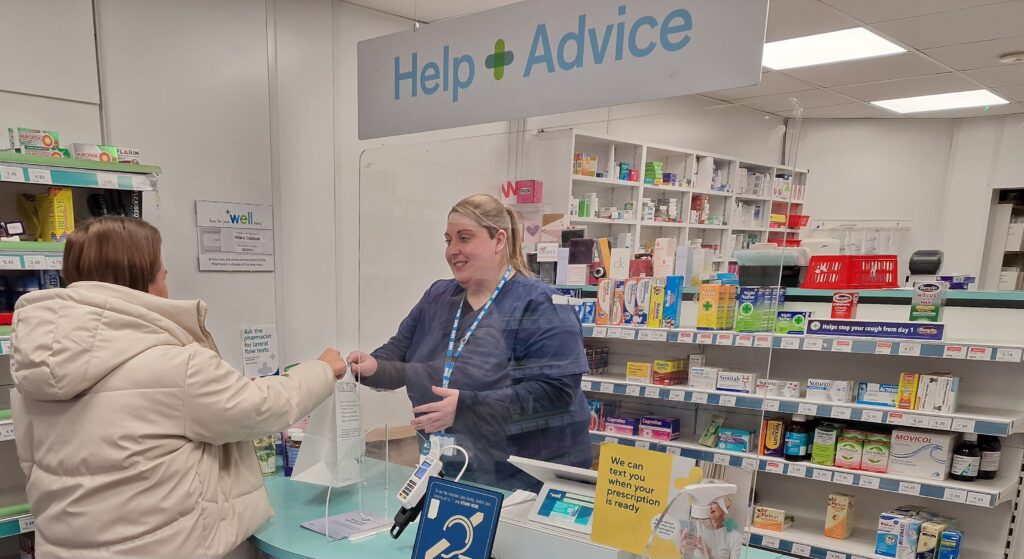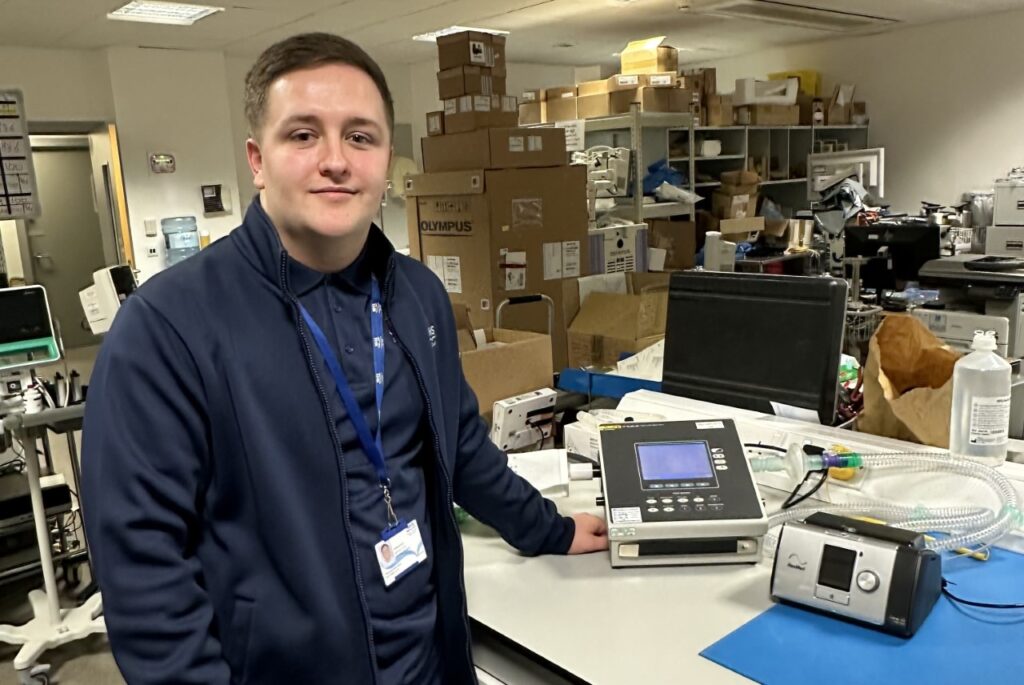LearnPro – GGC:109 Quality Improvement Fundamentals
log in to the learnPro system as normal and search for the module below

NHS Education for Scotland (NES) QI Courses
NHS Education for Scotland (NES) offers many courses or Learning Programmes in Quality Improvement with varied target audiences. For the most up to date information please visit the NES program page at:

1. For all Staff Working to Improve their Services
These resources can be used by staff working across the public sector in Scotland. Each module’s page includes a short description of what you can expect to find in it, who should do it and how long it will take to complete it. Most of them will take around 30 minutes to complete.
The modules available are:
- Measurement for improvement
- Understanding your system
- Developing your aims and change ideas
- Testing your change ideas
- Implementation and Spread
- Introduction to demand, capacity, activity and queue
- Introduction to Value Management
2. Scottish Improvement Foundation Skills (SIFS) Programme
This programme is aimed at all people working in the public sector across Scotland who have ideas that can improve the way things are done in their own workplace. Staff working at foundation level will be functioning as part of a team to improve service delivery in their own workplace. Foundation learning resources introduce staff to widely used improvement methods to help support them achieve the outcome they are aiming for.
The aim of SIFS is to support individuals to develop the skills, knowledge, and confidence to participate as members of improvement teams and contribute to testing, measuring and reporting on changes made.
NHSGGC Clinical Effectiveness Department run regular Scottish Improvement Foundation Skills Courses (SIFS) open to all members of staff in NHSGGC.
If you would like to register your interest for a future SIFS course, please register your interest below:
3. For Managers Coaching and Leading Teams to Improve their Services
SCLIP is a 3-month Quality Improvement learning programme. The target audience for the programme is core managers who are responsible for coaching and leading their teams to improve their services and helping embed improvement strategies within their organisation. Participants will be recruited and selected by the local organisation. It is recommended that applicants fit the following criteria:
- responsibility for managing a team or teams
- motivation to improve their skills in leading and coaching teams to deliver improvement
- a strong desire to improve outcomes for people
4. For Individuals who need in-depth QI knowledge to support others across their organisation
The Scottish Improvement Leader (ScIL) Programme
The aim of the ScIL Programme is to enable individuals to:
- design, develop and lead improvement projects,
- lead and generate support for change, and
- provide expert QI support and advice in their organisations.
It is aimed at people working in the Scottish Public Service in a role with a significant focus on quality improvement and dedicated time allocated to lead improvement projects.
5.The Scottish Quality and Safety (SQS) Fellowship Programme
The Scottish Quality and Safety Fellowship Programme (SQS Fellowship) is a lead level quality improvement and clinical leadership course managed by NHS Education for Scotland (NES), working in partnership with Healthcare Improvement Scotland and NHSScotland.
The Fellowship is open to healthcare staff who currently undertake clinical practice and has a direct influence on improving the delivery of safe patient care, as well as staff in clinical professions who do not currently deliver hands-on care but do have a role in improving patient care or safety.
An important aspect of the Fellowship is also the participation of Fellows from outside Scotland with long standing relationships with Northern Ireland, the Republic of Ireland, Norway and Denmark to mention but a few.



















